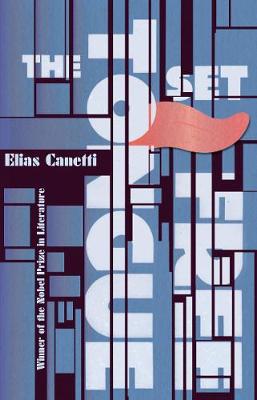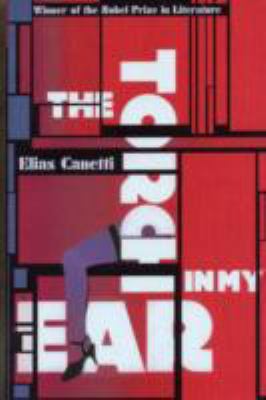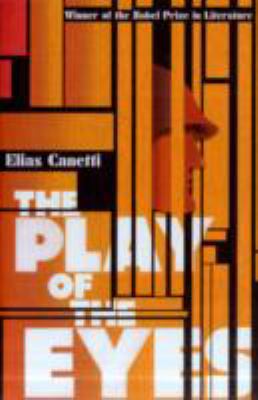Picador Books
6 total works
'The Tongue Set Free is so beautifully written. It begins wtih an extraordinary image, Canetti's earliest memory. He comes out of a room. A man makes him stick out his tongue; if he talks he will cut it off. Years later Canetti realises that this was his nursemaid's lover, frightening him into silence about their rendezvous. The idea of speaking as the entry into forbidden grown-up life dominates this book. When he is seven his father dies. He is propelled from childhood into adulthood, from his father to his mother, through language. In an extraordinary, cruel episode his mother forces him to learn perfect adult German in three months, to replace her husband as quickly as possible. His tongue is set free: he has won his mother, against brothers , against all lovers. It is the most intense Oedipal relationhsip I have ever seen described and Canetti describes it brilliantly. But it's all extraordinary, and all masterfully written. There are wonderful descriptions of Canetti's first oriental, medieval home in pre-World War l Bulgaria: of his later homes in Manchester, in Vienna, in Switzerland. There are unforgettable portraits. The values of Auto da Fe are given a human history and a human face' New Statesman
In The Torch in My Ear Elias Canetti, Nobel Prize winner, towering intellectual figure and polymath, gives us his second volume of autobiography. Using as a framework his admiration for his first great mentor, the Viennese writer Karl Kraus, and his passion for his first wife, Veza, Canetti seamlessly incorporates a profoundly perceptive portrait of Vienna and Berlin in the 1920s. Here are the voices of Brecht, Isaac Babel, George Grosz, and many others. This is autobiography redefining itself.
The third volume of Canetti's autobiography is set in Vienna between 1931 and 1937: years when the European catastrophe, already clear to anyone with eyes to see, was approaching its horrifying climax. To this great intellectual and spiritual self-portrait Canetti adds wonderful portraits of his friends and rivals: Herman Broch, Robert Musil, Fritz Wortruba, Alban Berg and Alma Mahler. Canetti brings these legends to life for modern readers as never before. Central to the book is Canetti's account of his friendship with the mysterious Doctor Sonne, a mentor whose effect on his life and work was enormous.
"Auto da Fe" is the story of Peter Kien, a distinguished, reclusive Sinologist living in Germany between the wars. With masterly precision, Canetti builds up the elements in Kien himself, and his personal relationships, which will lead to his destruction."



